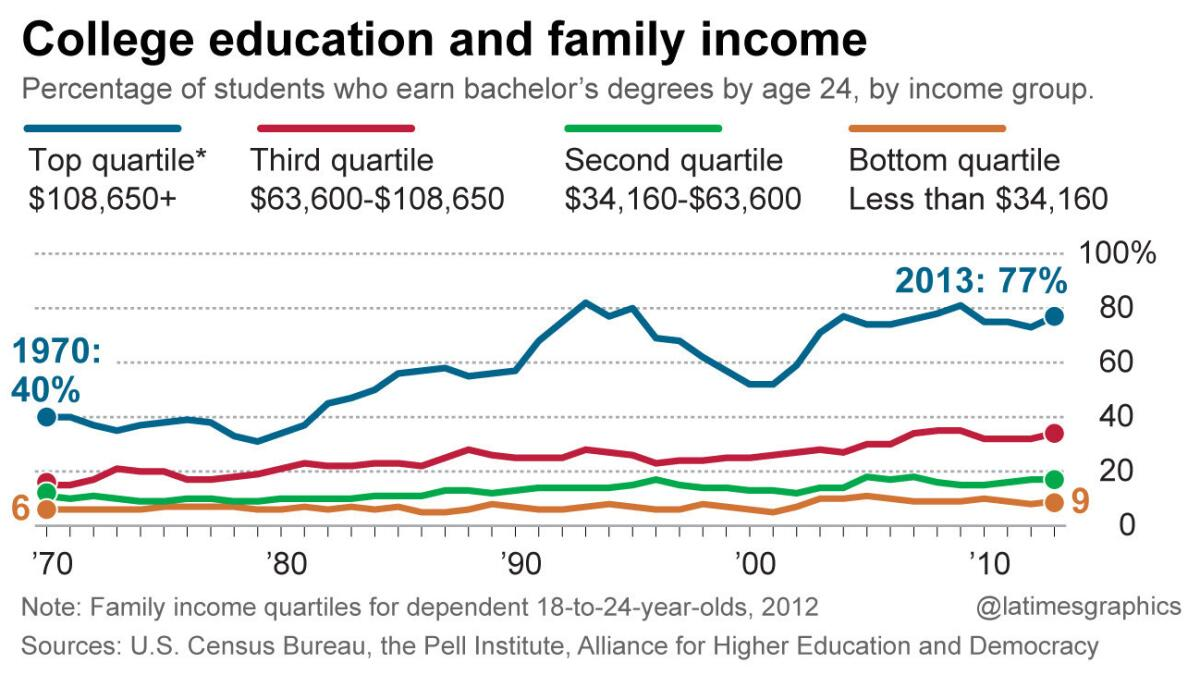Metaethics
Metaethics is the foundation of morality. It is the study of the nature of ethics and moral reasoning. It is concerned with the meaning of ethical terms, the nature of ethical properties, and the nature of ethical facts.
Moral realism and anti-realism
| Position | Definition | Example |
|---|---|---|
| Moral realism | The view that objective moral facts and truths exist independently of beliefs | Stealing is wrong, regardless of what anyone thinks about it |
| Moral anti-realism | The view that there are no objective moral facts or truths | Stealing is wrong is only true because we believe it is |
AI seems to be out of scope for most moral realist theories, as they are based on human values and beliefs. However, it is possible to argue that AI can have its own values and beliefs, which would make it possible to apply moral realism to AI.
A theory of justice
A book by John Rawls, where he presents a theory of justice based on fairness. He argues that society should be based on principles that are fair to all members.
Basis of justice
Society is unfair. The theory of justice is a theory of fairness. It is concerned with the distribution of benefits and burdens in society. It is concerned with the principles that govern the distribution of benefits and burdens in society.

The inequality in Education showed in graph states the gap between the rich and the poor. Becoming a chasm of opportunity that often blocks the search for a better economic life for the poor.
Problem with Utilitarianism: It cannot be applied in society because some principles and moral laws are not allowed to be violated.
E.g., Doctor can save another doctor’s life by killing a homeless person: the doctor will save more lives than the homeless
Justice as fairness
Society must be fair:
- Justice is the basis of community that ensures mutual cooperation between individuals
- The principles of justice are common principles accepted by all who want to participate in the society
- With the absence of these principles, cooperation between people would not take place → those who suffer injustice would not be a member of the society
Original position and Principles of justice
| Concept | Definition |
|---|---|
| Original position | A hypothetical situation where people come together to decide on the principles of justice that will govern their society |
| Veil of ignorance | People in the original position do not know anything about themselves or their circumstances |
Three Principles of Justice:
-
Equal liberty principle
- Each person has an equal right to the most extensive basic liberty compatible with similar liberty for others
- Each person should be as free as possible, as long as others have the same = “Political Liberty”
- E.g., Freedom of speech, freedom of religion, freedom of assembly
-
Difference principle Social and economic inequalities are to be arranged so that they are both:
- To the greatest benefit of the least advantaged
- Attached to offices and positions open to all under conditions of fair equality of opportunity
-
Fair equality of opportunity
- Everyone should have an equal opportunity to succeed in life, regardless of background or circumstances
- E.g., It is not a problem for somebody to gain more political/economic/power, as long as the conditions to reach that position are the same for everyone
Criticism
| Criticism Type | Main Argument | Key Points | Example |
|---|---|---|---|
| Original Position | Veil of ignorance is unrealistic | Cannot ignore existing beliefs Biased towards egalitarianism | People always retain cultural biases |
| Libertarian (Nozick) | Overemphasis on redistribution | Ignores how wealth is acquired Violates property rights | Voluntary market exchanges are just |
| Communitarian (Sandel) | Too individualistic | Ignores community values Overlooks moral character | Cultural traditions shape justice |
| Practical | Implementation difficulties | Hard to measure “least advantaged” Unclear policy guidance | Defining beneficiaries of welfare |